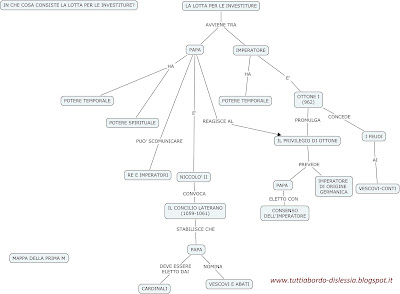Greci, italiani e ora anche i turchi si sono messi a vendere combustibile al regime siriano aggirando il blando embargo chiesto e imposto dall’Unione Europea. Secondo un’inchiesta dell’agenzia Reuters, la compagnia privata turca Aves ha effettuato consegne dal porto di Mersin a quello siriano di Baniyas di piccole ma numerose quantità di combustibile usato, tra gli altri, per far camminare la macchina da guerra degli Asad.
L’inchiesta illustra come l’ente nazionale siriano per i combustibili, inserito nella lista nera dell’UE, aggira l’ostacolo servendosi di compagnie private del Mediterraneo. Che hanno tutto l’interesse a riprendere i commerci.

(Humeyra Pamuk per Reuters). Turkey has become an unlikely new source of vital diesel for the Syrian government, according to shipping documents and sources.
Private Turkish oil company Aves, from the Mediterranean port city of Mersin, has loaded seven cargoes of ultra low sulphur diesel in April destined for Syria’s state-controlled port of Banias.
Turkey is not subject to EU sanctions against Syria, however, the trade is a potential embarrassment for Ankara – one of Damascus’ most outspoken critics.
The Turkish foreign ministry declined to comment on the specific matter but reiterated its position on Assad regime.
“Turkey’s position on Syrian regime’s brutality against its own people has been made obvious and Turkey would not be able to ignore any support or aid efforts to this situation,” a foreign ministry official said.
Aves, specializing in sunflower seed oil and diesel according to its web site, confirmed the trade but declined to comment further.
Port documents show Aves as the shipper of seven small sized diesel cargoes which between April 7 to April 21 with the discharge port marked as Banias.
Trading sources active in the Mediterranean oil market said Aves sold the diesel on a free-on-board (FOB) basis, a form of deal that excludes delivery arrangements and which therefore could allow it to claim it has no information on its destination.
“Usually these companies know where their cargo is going to,” a senior trader with an oil major said. “But since they sell FOB, the responsibility is blurry after the cargo is loaded.”
Shipping sources and traders say the involvement of small private firms makes it almost impossible to track and control shipments as some of them could be used as intermediaries for the blacklisted Syrian oil entity Mahrukat.
A shipping source familiar with Syria trade said since Mahrukat authorized the private firms to trade on its behalf there was usually an intermediary.
Fuel flows into Syria had been at a standstill following a European Union ban in early 2012 blacklisting the state oil trading and distribution firms to stop gasoil, which can be used to run heavy machinery, from reaching President Bashar al-Assad’s forces.
Fuel imports resumed strongly this year after Syria granted private firms the right to buy fuel on its behalf. The trade has been largely handled by Greek and Italian firms defying EU sanctions and taking advantage of weak sanctions enforcement.
The use of private firms to import oil is more successful than Syria’s earlier attempt to create a new central body that was not blacklisted. The EU said at the time any dealings with new entities “could be considered as a circumvention”. (3 giugno 2013)











.jpg)







